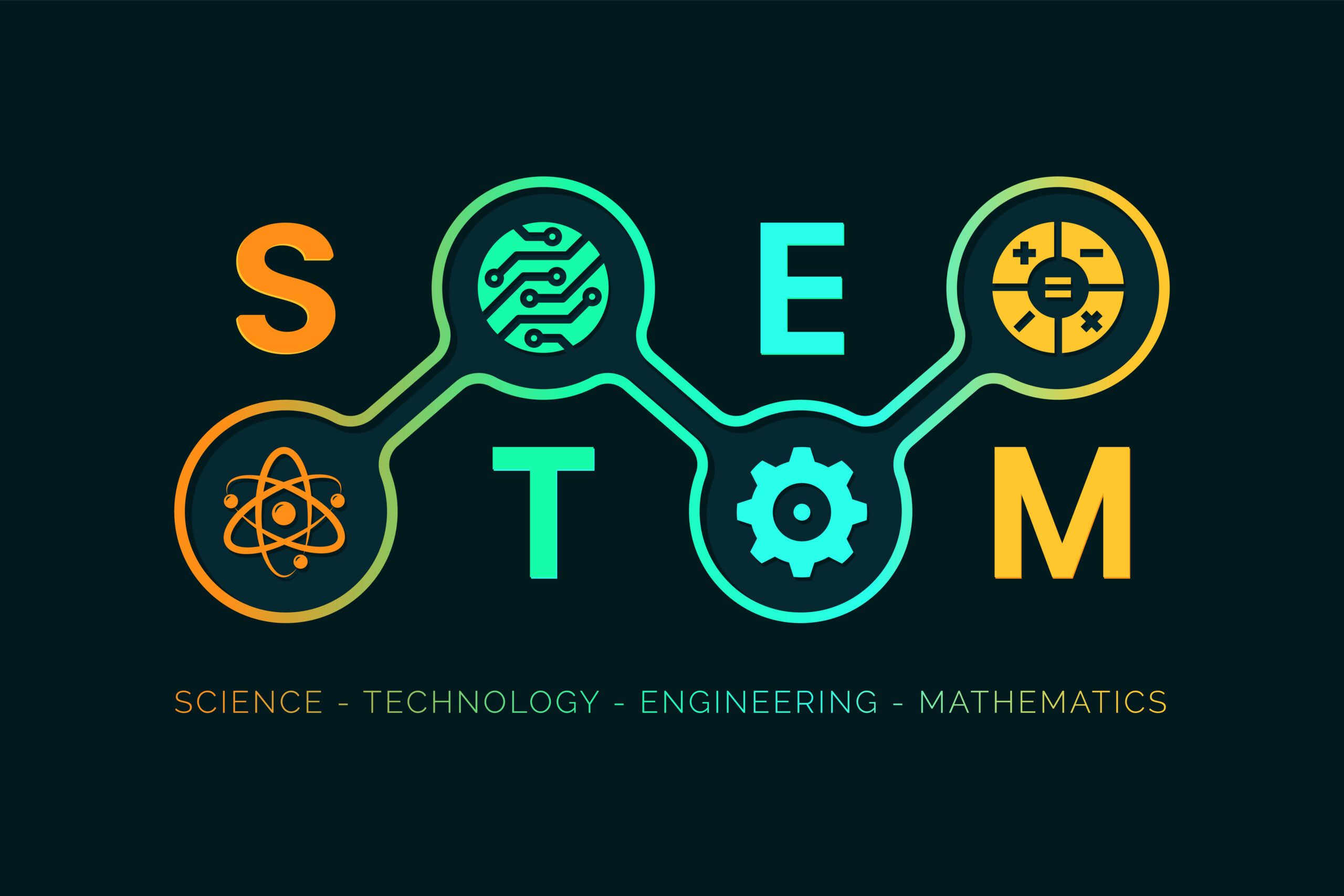Assessing skills, education, and experience all make sense. It’s been the standard approach for decades, but what if this approach can make it harder to spot that increasingly in demand true talent?
That’s not to say that skills, education, and experience aren’t important – they should still inform elements of an overall hiring plan (you can read more about setting up a solid hiring strategy in the JobLookup Ultimate Hiring Guide). The thing is, these hiring methods were cooked up in a very different world to the one we have today.

The job interview is almost 100 years old, and the CV isn’t far behind. While there have been some tweaks and modifications to these practices, the overall concepts haven’t really changed much.
Things have come a long way in 100 years. We now know more about human psychology than ever before and understand the importance of diverse and inclusive workplaces. Technology is also giving us increasingly innovative ways of engaging and testing a broader spectrum of candidates more effectively. Talent is at a real premium, and we know that a ‘one size fits all’ approach isn’t the best one anymore. Finally, the demands of the work of the future aren’t fully known, and that means that many of the traditional factors used to assess applicants now may not pay off in the long run.
With all this in mind, perhaps we need to start adjusting how we approach candidate appraisal. More specifically, how we choose to interpret and assess those traditional factors: skills, experience, education, and potential.
Skills and Experience
One of the age-old Catch-22’s about applying for a job is the skills/experience paradox. We can all probably relate to a time where we saw a job advert and thought ‘I know I could do that, but I probably don’t have the experience’.
It’s not often candidates have all the ideal skills and years of experience for a particular role, yet job adverts generally demand they do. It’s also very tempting to give experience more weight when assessing a CV. We tend to assume that the more experience a candidate has in a role, the better they will be at it. This is entirely understandable, but not always true. Experience isn’t always directly proportional to the quality of work.
Secondly, a lack of experience doesn’t automatically translate to a lack of ability, passion, or drive. It could be argued that these traits are far more valuable in the long term as new working practices and technologies emerge. Finally, just because someone is experienced in a certain career or field, it doesn’t mean they’re incapable of doing anything else. This is always worth keeping in mind, and also where skills come into play.
Core skills, including things like communication, problems solving, and IT, are generally easily transferrable. This can mean that a candidate with a solid core skill set could easily succeed in a role they have little experience in. There are plenty of ways to test skills and aptitudes these days. The now (in)famous Google problem advert that asked prospective applicants to solve a logarithmic problem is a perfect example of this. It’s an excellent example of placing a candidate’s actual skills at the forefront of a hiring effort.
Are skills more important than experience then? It depends on the context of course. Doing everything possible to discover and illuminate a candidate’s skills and abilities is certainly an effective step to uncovering their real potential. Conversely, understanding how to leverage an applicant’s experience when it comes to developing new skills is equally as important.
Education and Potential
Education is very similar to experience when it comes to assessing candidates. Overall, we tend to put quite a large focus on an applicant’s education. This seems perfectly reasonable. It gives recruiters a quick way to get an idea of a candidate’s general ability or ensure they have the expertise required for a role. That’s all well and good, but we need to be careful about just how much importance we attribute to qualifications. Here’s why:
Our education system is still essentially based on a model from the industrial revolution. The very nature of this system promotes the learning and remembering of certain information, but only up to a certain point. Given the fundamental changes that access to technology and information has already had on the world, and the changes that are on the horizon, educational history might not always be as clear an indicator of talent as it once was. There are a few reasons for this.
- Certain courses or qualifications can promote uniform thinking, which may be a double-edged sword for some roles – especially those that require lateral or abstract thinking.
- Self-teaching is now easier than ever thanks to the wealth of information available online. This means highly motivated and talented individuals may bypass traditional education altogether – and these are often exactly the kind of candidates recruiters are looking for.
- Some sectors change extremely quickly (the tech sector is the obvious example here), which can mean that educational knowledge is rapidly outdated.
Projections about the future of work suggest we should expect some major disruption in terms of what we need from the workforce. Potential and adaptability are going to be more important than ever if this is the case.
Finding ways of spotting real potential and talent, whether through gamification, cognitive testing, or portfolios, are arguably going to be some of the most effective methods for recruiters and employers in the coming years. These are things that can be easily missed at CV level, and even during an interview, and embracing additional assessment methods then becomes fundamental for a good hire.
There’s still a good case to be made for the importance of education, of course, especially in niche fields like science and engineering. Even so, there’s good reason to prioritise potential in many cases. The simple fact is that great candidates will have the passion and hunger to learn, as well as the drive and ambition to succeed – qualities that will make them an invaluable asset to the right business.



